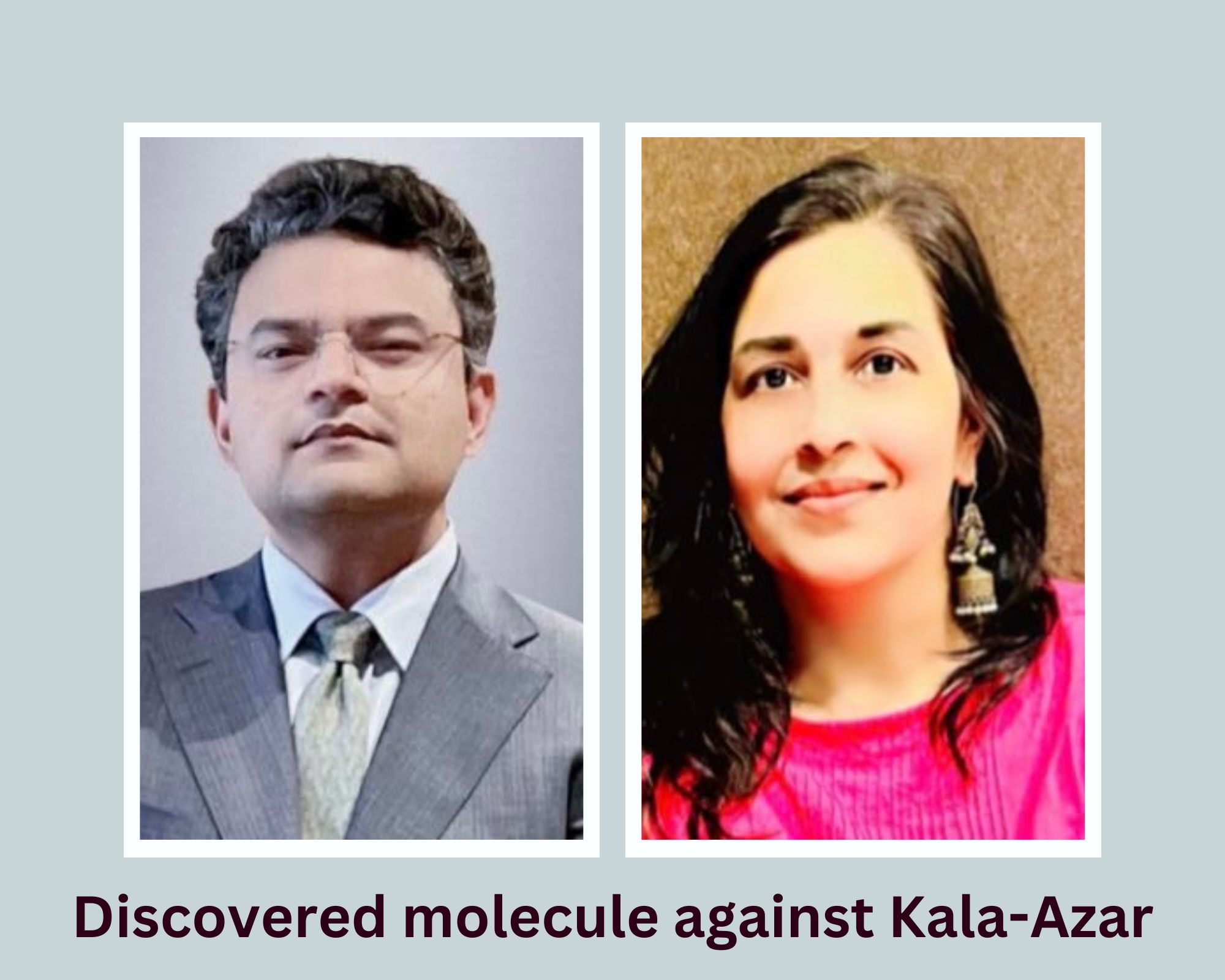Innovative Research by Dr. Anand Ranganathan and Prof. Shailja Singh Reveals Promising Treatment for Kala-Azar
In a landmark discovery that could revolutionize the treatment of visceral leishmaniasis, commonly known as Kala-azar, Dr. Anand Rangnathan and Prof. Shailja Singh have identified a new peptide inhibitor, PS1, that specifically targets a vital enzyme in the Leishmania donovani parasite.
Kala-azar, which afflicts millions worldwide, particularly in poverty-stricken areas, has been notoriously difficult to treat due to the toxic side effects of current medications and the parasite’s growing resistance to them. The research conducted by Dr. Ranganathan and Prof. Singh focuses on disrupting the parasite’s palmitoylation process, which is crucial for its survival and infectivity.
Palmitoylation, a post-translational modification, is managed by enzymes known as palmitoyl acyl transferases (PATs). Among these, LdPAT6 has been identified as a key player in the virulence of Leishmania donovani. The newly discovered PS1 inhibitor specifically binds to and inhibits LdPAT6, as demonstrated through various biochemical assays including microscale thermophoresis, ELISA, and dot blot techniques.
The effectiveness of PS1 was shown not only in vitro but also in vivo, with significant reductions in both promastigote and amastigote forms of the parasite. This dual action signifies a potential breakthrough by not just controlling the parasite’s growth but also its pathogenic potential, evidenced by the reduced cytokine levels and lower invasion rates.
“This inhibitor represents a leap forward in our fight against Kala-azar,” said Prof. Shailja Singh. “The specificity of PS1 for LdPAT6 reduces the likelihood of toxicity that plagues current treatments, offering a targeted approach to eradicating this parasite.”
Dr. Anand Ranganathan added, “Our goal has always been to find a molecule that could effectively combat Leishmania without the side effects that burden patients. PS1 is a promising candidate, and we are eager to see how it performs in further stages of development.”
This discovery holds the promise of not only improving the treatment for those afflicted with Kala-azar but also potentially setting a precedent for combating other parasitic diseases through similar molecular targeting strategies.
The scientific community and global health organizations are closely watching the progression of this research, hopeful that PS1 could lead to a new, safer, and more effective therapy for Kala-azar, bringing much-needed relief to regions heavily burdened by this disease.

